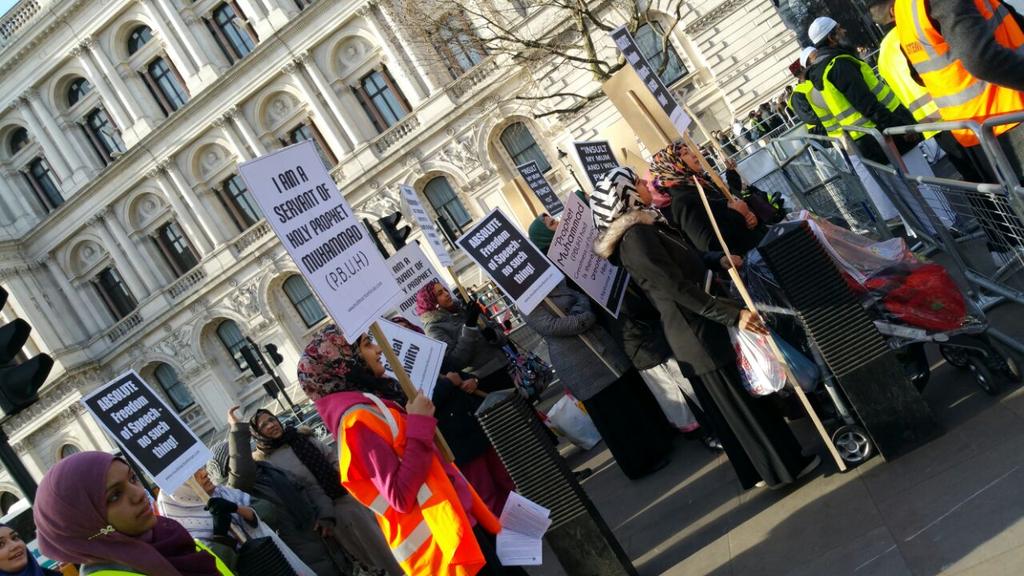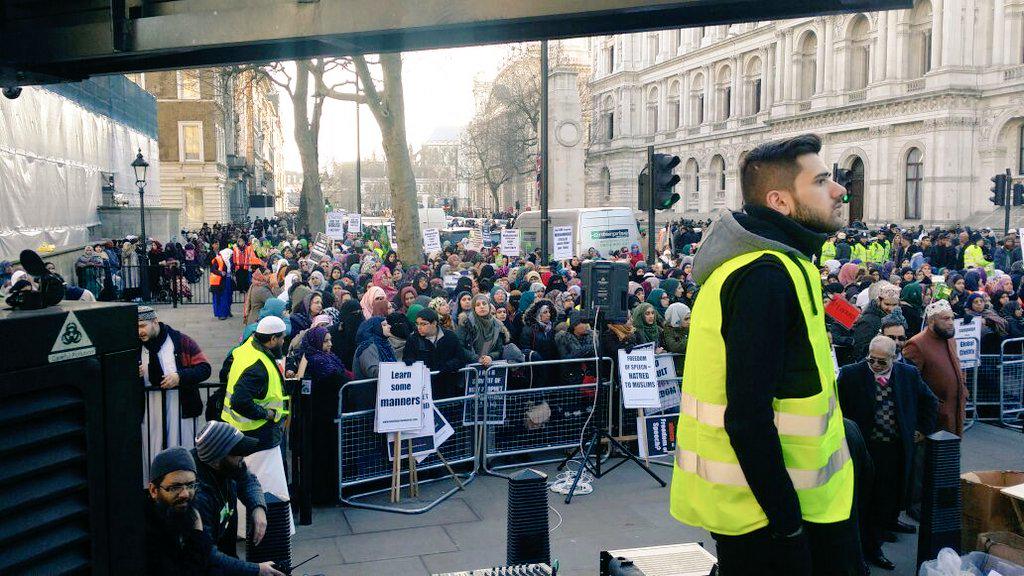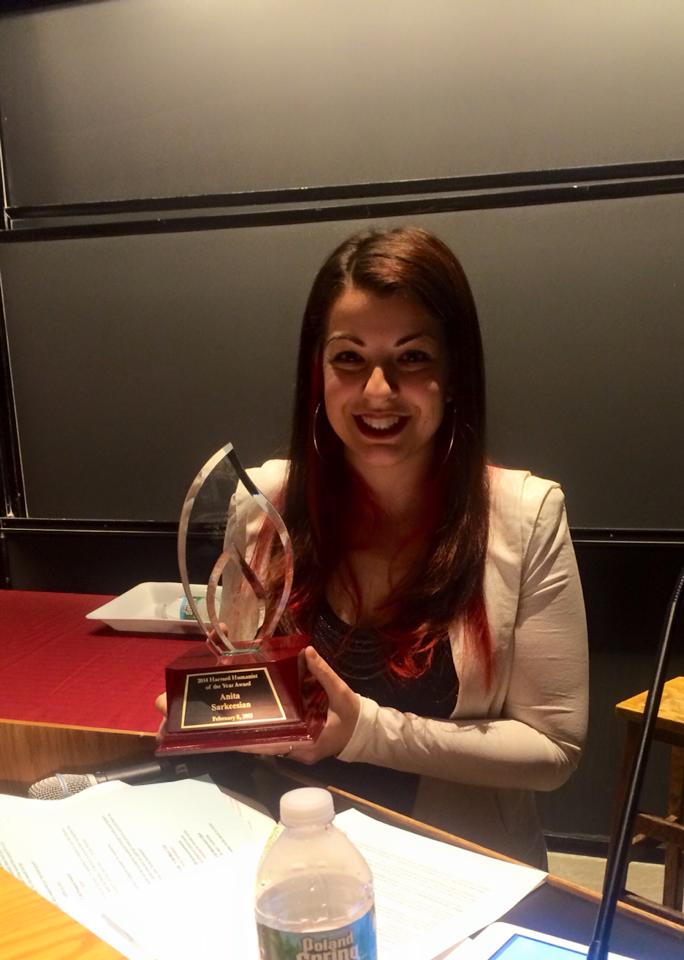Now for some better news at last – Priss Choss did talk to the Saudi dictator about Raif Badawi. Who knows if it did any good or not, but he did it. Well done Choss. I’ve said very hard things about you, especially about your promotion of homeopathy and other woo, but fair play to you: good job.
Prince Charles has raised the plight of jailed blogger Raif Badawi with Saudi Arabia’s King Salman.
Badawi was sentenced to 10 years in prison and has received 50 of 1,000 lashes for offences related to setting up a website for Saudi liberals. Before Charles’s trip to the Middle East, Amnesty International UK urged the prince to intervene on Badawi’s behalf.
The prince and the king talked privately via an interpreter at a palace in Riyadh and then sat together for a lavish lunch attended by hundreds of guests. A source said: “It is understood the issue was raised by the prince during his meeting with King Salman. The reaction from the king was not unfriendly.”
I imagine not. Britain is a valued customer and provider of arms and prison requisites. Charles is a colleague in the monarchy biz.
Simon Collis, Britain’s ambassador to Saudi Arabia, said before the meeting of Charles and Salman: “Royal-to-royal links have a particular value … these kinds of visits are capable of having significant impact. Any conversation that does happen is not just going to be an exchange of platitudes, because they are past that.”
Sir William Patey, a former ambassador to Saudi Arabia, told the BBC that Charles had a way of raising human rights issues that did not make the Saudis “bristle”.
“Between us, old chap, it doesn’t do to get too bothered about these little people when they make a fuss. Just ignore them and they’ll get bored with it soon enough. Where’s that illicit bottle you promised?”
At the weekend Charles raised concerns about the radicalisation of British Muslims, saying he thought people who were “born here, go to school here, would abide by those values and outlooks”.
Massoud Shadjareh, chair of the London-based Islamic Human Rights Commission, criticised Charles’s visit to Saudi Arabia. He said: “It seems highly hypocritical of Prince Charles to be giving such a gesture of support to the Saudi regime at a time when he claims to be worried about the dangers of so-called radicalisation and British values.
“The prince should know that no country has been more pivotal to the rise of extremism than Saudi Arabia and rubbing shoulders with its leaders is only going to give them more encouragement to continue business as normal.”
That is very true. Nevertheless I hope he succeeded in pulling some strings.
Bigger picture though? I think the UK and the US should spurn the Saudi regime.
(This is a syndicated post. Read the original at FreeThoughtBlogs.)













